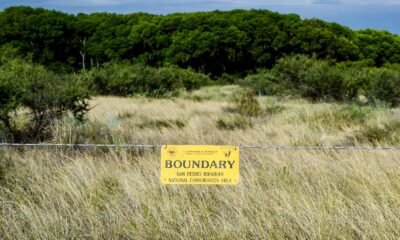Politics
Arizona Gas Prices Surge Again: Two Weeks of Rising Costs

In a significant development, the response to climate change and its effects on biodiversity has become a pressing concern for policymakers across the globe. As nations grapple with escalating temperatures and unpredictable weather patterns, the urgency for tangible action grows. This summer, scientists reported alarming shifts in species migration patterns, prompting calls for comprehensive strategies to protect vulnerable ecosystems.
Meanwhile, legislative bodies in various countries are introducing measures aimed at reducing carbon emissions. These initiatives vary widely, reflecting local priorities and economic capacities. In regions heavily dependent on fossil fuels, such transitions pose considerable challenges but also present opportunities for innovation and job creation.
The Paris Agreement remains a cornerstone of international climate efforts. Many nations have committed to ambitious targets. However, the growing threat of extreme weather events underscores the need for accelerated action and accountability in meeting these commitments.
Conservation groups are urging governments to prioritize investments in green technologies and sustainable practices. They argue that fostering resilience in natural habitats can mitigate some effects of climate change. Additionally, public awareness campaigns are vital to inspire community engagement and collective action.
As we face mounting environmental challenges, cooperation at global, national, and local levels is essential. Clear communication and strategic planning will determine the efficacy of our responses. As new data emerges, it will guide future policy decisions, ensuring that environmental protection remains a fundamental priority.

















